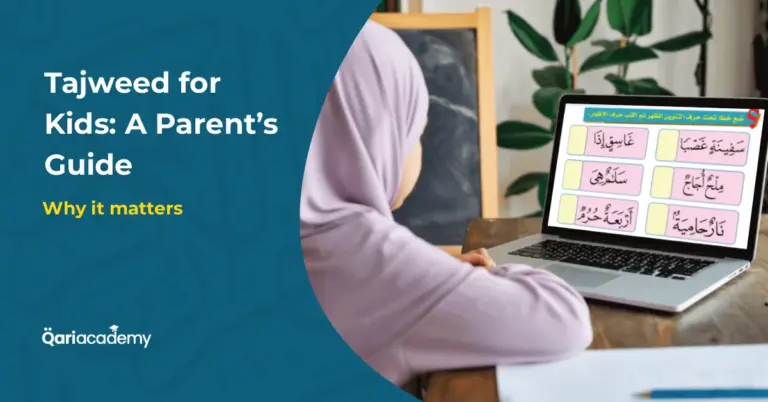
Introduction
One of the most common struggles parents face is figuring out how to handle your childs stubbornness in Quran hifz and revision. Many children resist memorizing or reviewing the Quran consistently, leading to tension at home. While it can feel frustrating, stubbornness doesn’t have to be an obstacle. By understanding your child’s personality and learning style, you can apply strategies that truly motivate and support them. With the right parenting tips, you can transform resistance into motivation and help your child develop a lifelong love for the Quran.
1. Identify the Reason Behind Stubbornness
Children rarely resist Quran memorization just to be difficult. They might feel tired, pressured, or overwhelmed by the lesson’s length. Pay attention to what triggers their stubbornness—time of day, lesson length, or teaching style. Adjusting routines can make memorization easier and more enjoyable.
2. Keep Lessons Short and Consistent
Instead of pushing for long hifz sessions, keep lessons short but regular. A focused 15-minute session is far more effective than forcing your child to sit unwillingly for an hour. Consistency matters more than length, as daily review builds discipline and smooths memorization.
3. Use Encouragement, Not Force
Nagging or punishment only increases resistance. Use positive reinforcement instead:
- Praise small achievements, even a few verses memorized.
- Offer small rewards like extra playtime or stickers.
- Share encouraging words like, “I’m proud of how hard you’re trying.”
This approach fosters motivation and joy in learning.
4. Make Quran Learning Interactive
Turn memorization into a fun activity:
- Repetition games
- Recitation competitions
- Digital apps with engaging reciters
- Storytelling for younger children about the surahs
Interactive methods spark curiosity and strengthen the emotional bond with the Quran.
5. Create a Calm and Dedicated Space
Distractions or unsuitable environments can trigger stubbornness. Provide a quiet, comfortable place for hifz and revision. A calm setting improves focus and reduces resistance.
6. Give Your Child a Sense of Control
Children are more cooperative when they have a choice:
- “Would you like to revise Surah Al-Fatihah or Surah An-Nas first?”
- “Do you want to read with me or listen to your teacher online?”
Limited control empowers them and reduces resistance.
7. Stay Patient and Show Love for the Quran
Your attitude influences motivation. Frustration may link hifz with stress. Instead, demonstrate calmness, patience, and love for the Quran. Children imitate your positive relationship with the Quran, fostering lifelong dedication.
QariAcademy’s Support for Parents
At QariAcademy, we specialize in making Quran memorization enjoyable for children. Our experienced tutors use child-friendly methods that reduce resistance and maintain motivation. With flexible schedules and one-on-one attention, we help parents overcome stubbornness while ensuring steady Quran progress.
FAQ
Q1: At what age can a child start Quran hifz?
A: Children can start memorization as early as 4–5 years old, depending on readiness and attention span.
Q2: How can I know if my child is ready for Quran hifz?
A: Look for signs like interest in the Quran, basic recognition of letters, and willingness to sit for short study sessions.
Q3: How long should a hifz session be for a young child?
A: Start with 10–15 minutes daily, gradually increasing as focus improves.
Q4: What if my child refuses to recite?
A: Stay calm, use encouragement, offer choices, and make learning interactive. Avoid forcing or shouting.
Q5: Can digital tools help in overcoming stubbornness?
A: Yes, apps, games, and interactive recitations can make memorization enjoyable and engaging.
Don’t let stubbornness hold your child back from the blessing of memorizing the Quran. At QariAcademy, we make hifz sessions enjoyable, structured, and effective for every child.
Start your child’s free trial today at QariAcademy.com and watch them fall in love with Quran memorization.






